Party insiders in the ranks: communists infiltrate Western consulates
The Chinese Communist Party has infiltrated the Australian, British and US consulates in Shanghai, leaked membership records show.
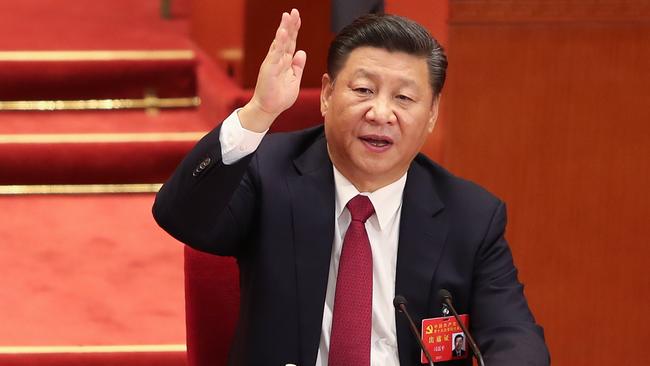
The Chinese Communist Party has infiltrated the Australian, British and US consulates in Shanghai, with a government-run recruitment agency placing advisers into Western embassies for more than a decade.
A leak of official membership records — the first in the world — has exposed details of 1.95 million CCP members, including their position, birthdate and ethnicity, after being extracted from a Shanghai server by whistleblowers.
An investigation by The Australian has found that at least 10 consulates in Shanghai have CCP members employed as senior political and government affairs specialists, clerks, economic advisers and executive assistants.
Foreign affairs experts warn the employment of CCP members in the consulates, some for up to 16 years, could be part of a “state-sponsored spy ring”, while intelligence officers labelled it a breach of protocol and a risk to national security.
The database has also revealed CCP members working in global companies such as Boeing — which has billions of dollars in defence contracts — inside Pfizer and AstraZeneca, pharmaceutical companies which are developing coronavirus vaccines, and at Western universities.
Even ANZ has at least one CCP branch — with 23 members — in its Chinese operations. An ANZ spokesman said the bank did not interfere with its employees’ involvement in political groups. While there is no evidence that anyone on the party membership list has spied for the Chinese government — and many become members to boost their career prospects — the new revelations have raised concerns about what safeguards are in place at consulates and major corporations. But CCP members, of which there are 92 million, must pledge an oath that puts the party’s interests above all and “be ready at all times to sacrifice my all for the party”.
Thirty British MPs, including former Conservative Party leader Iain Duncan Smith, will soon table an urgent question about the issue in the House of Commons.
The database shows CCP members have been or are currently employed in Australian, US, British, German, Swiss, Indian, New Zealand, Italian and South African missions in Shanghai.
An investigation by The Australian has uncovered how the Department of Foreign Affairs and Trade directly hires local staff through a Chinese government agency, the Shanghai Foreign Agency Service Department.
According to the database, the SFASD has at least 12 active CCP branches with 249 members.
DFAT has been hiring staff through the SFASD for at least five years, with the most recent advertisement for an Australian consulate-general public diplomacy, research and visits officer placed on the agency’s website in September, offering an annual base salary of 160,840 yuan ($32,526).
Australian job advertisements indicate that hires of local Chinese nationals all need to go through the SFASD.
A 2016 job placement advert for a consulate “research, visits and public diplomacy manager”, which “reports to the deputy consul general” stated: “The successful applicant will need to meet the requirements of, and be employed through the Shanghai Foreign Agency Service Department.”
SFASD’S website currently lists job vacancies for the Australian, US, Czech, Ethiopian, Brazilian, Chilean and Hong Kong consulates in Shanghai from July 2020.
A senior executive assistant who worked for the Australian consulate in Shanghai, and has been involved in organising parliamentary delegations, is listed on the database as a CCP member. The Australian has chosen not to publish the assistant’s name but sent DFAT questions about the
security clearance undertaken.
A spokesman said: “DFAT is used to operating within different overseas contexts … Our recruitment, security and risk-management processes are robust.”
“There is a clear distinction in the roles, responsibilities and work of Australians who are posted and locally engaged staff at our embassies and high commissions.
“We value the contributions of our locally engaged staff members. We do not comment on the details of individual security clearances.”
Liberal MP Andrew Hastie, the chairman of the Parliamentary Joint Committee on Intelligence and Security, said not every member was a concern but it was “a huge conflict of interest for CCP members to be working on projects that have national significance for Australia”.
“China is a one-party state. Many people would join the CCP just to get ahead in life,” Mr Hastie said. “Transparency and sunlight are the best weapons for defeating the challenges posed by authoritarian regimes.”
But an intelligence officer interviewed by The Australian said CCP members working in consulates, even in junior positions, posed a serious security risk.
“Any CCP member who is allowed to work in a foreign country’s embassy or consulate is a potential spy,” he said.
“Even at a low level they would have access to information on visas, or be able to grant visas to people who might otherwise not get into the country.
“At a higher level, they may have access to information such as the identities of intelligence officers operating in the country, or even cipher traffic.
“It is extraordinary that some countries have persisted in employing locally engaged staff in China when these threats have been clear for some time.”
Samuel Armstrong, a spokesman for the British Henry Jackson Society foreign policy think tank, said “the SFASD looks and smells like a well-organised, state-sponsored spy ring”.
“The Australian government has done a good job at eliminating long-term security risks from China but Foreign Minister (Marise) Payne will need to urgently explain how such a glaring intelligence threat came to be normalised in one of DFAT’s missions,” he said.
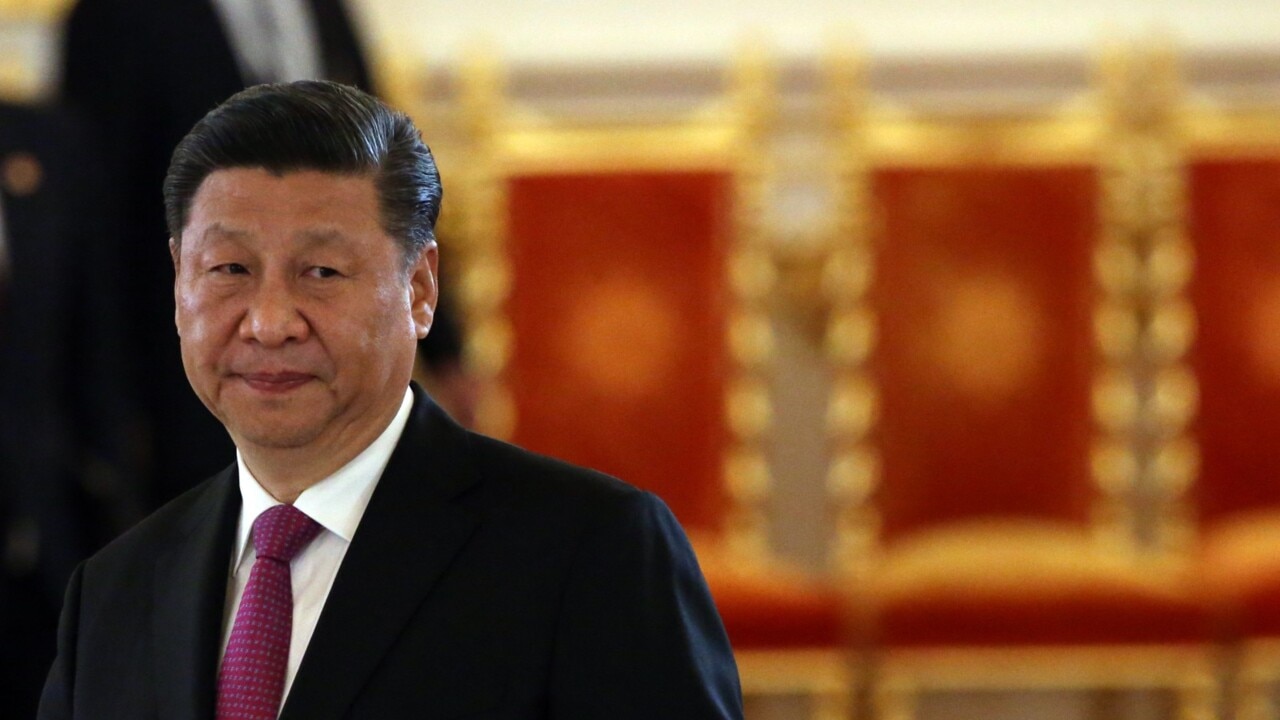
“Embassies handle information of the gravest security risk, ASIO must now investigate what sensitive material has been disclosed to a hostile government by virtue of this arrangement.”
The leaked database also shows one CCP member worked for the NZ Consulate in Shanghai for four years as policy adviser for trade and economics.
A NZ Foreign Affairs Ministry spokeswoman declined to comment, citing privacy obligations. There are also six CCP members who have worked at the US Consulate in Shanghai in roles including a political specialist, a procurement supervisor and an assistant.
One official has spent 12 years as an employee and, according to Linked In, is still working at the US consulate, while another has spent 13 years at the Consulate, according to Linked In.
There is a current senior officer at the British consulate in Shanghai, who according to security sources, works near MI6 officers operating under diplomatic cover, with concerns intelligence could be passed back to the CCP.
A senior British security source said of the revelations there of CCP members being hired in foreign agencies was “a massive security risk and complete breach of protocol.”
“There will be serious questions asked about the Secret Intelligence Service team’s vetting procedures. In that station (the person) will be sat one floor away from the SIS team,” he said.
“Anybody walking past her office and up the staircase she could identify as an intelligence officer to pass back to the Chinese Communist Party.”
“There is an awareness that information could be passed to the CCP by local consular staff but we are working all the time to eliminate those problems.”
The Swiss Embassy has a trade officer and deputy head of station who are CCP members while the German Consulate has a clerk who is a CCP member.
One CCP member spent 12 years in the Italian consulate, another spent 16 years in the South African consulate.
Another CCP member spent eight years as a senior political and government affairs specialist at the US consulate before moving to the British consulate.
Australian consulate staff also participate in many social activities organised by the SFASD including cooking classes, photo competitions and a trampolining event. The agency maintains an active alumni database and networking events.
Details from the CCP database have been sent to each embassy but only the Australian, New Zealand and British governments responded to a request for comment by publication.
Mr Smith said: “The government must now move to expel and remove any members of the Communist Party from our Consuls throughout China.
“They can either serve the UK or the Chinese Communist Party. They cannot do both.”
The leak of the Communist Party membership database from Shanghai has laid bare how the party structure under President Xi Jinping operates — by setting up branches inside companies and government agencies.
The database has details of over 79,000 branches, with 62.8 per cent of the members male and 98.9 per cent from the dominant Han Chinese ethnic group.
The database was leaked in mid-September to the newly-formed international group, the Inter-Parliamentary Alliance on China, which is made up of 150 legislators around the world.
It was then provided to an international consortium of four media organisations: The Australian, The Mail on Sunday in Britain, De Standaard in Belgium and Swedish journalists.
The Australian was able to independently obtain a more complete version of the same database from a confidential source which allowed cybersecurity firm, Internet 2.0, to track the data back to its original leak and conduct metadata analysis and verification.
The data was originally extracted from a server on April 16, 2016, and was likely taken locally from the data server by a dissident who risked their life to access it.
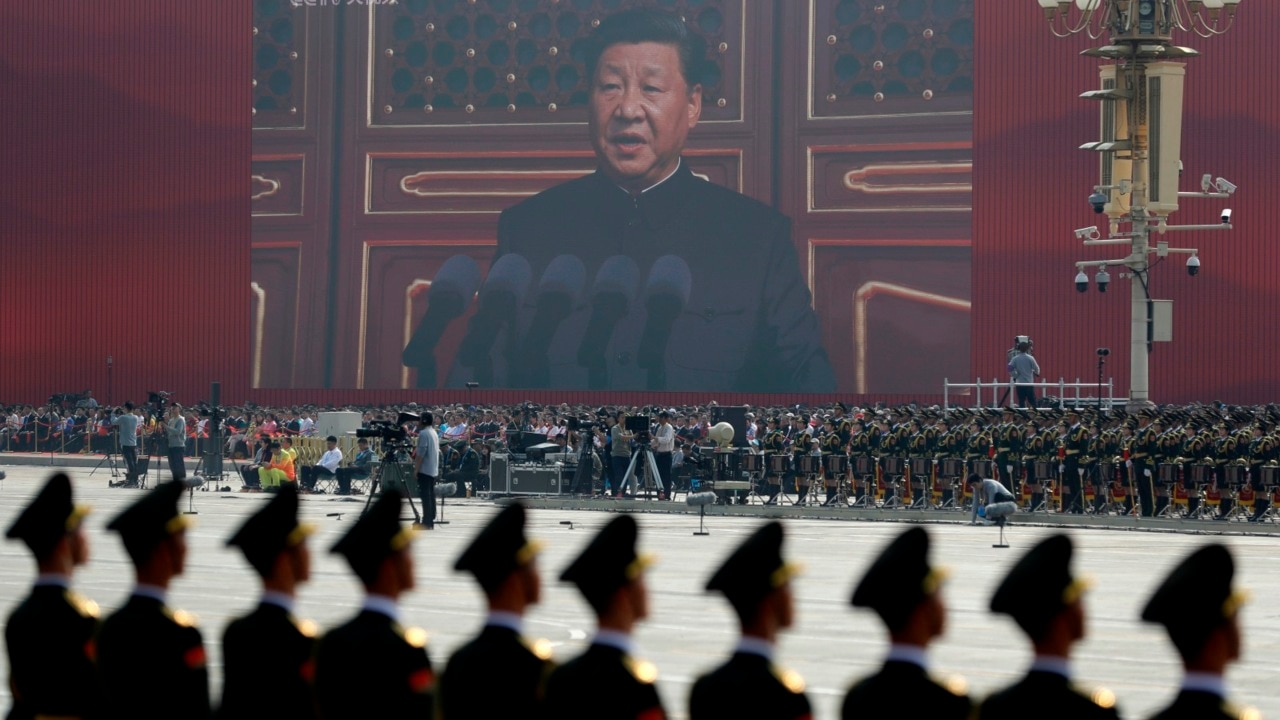
“We assess with high confidence that the data was extracted from the server across a local network which suggest the activists possibly had physical access to the local network,” Internet 2.0’s report states. “In other words, this data was not taken over the Internet but rather physically close to the server.”
After the original source extracted the data, a second source — who has been dubbed “the Data Cleaner” — uploaded it to private chat rooms frequented by activists from a range of backgrounds, including Hong Kong, Taiwan, Falun Gong and others with anti-CCP agendas.
The “Data Cleaner” converted the database to a Microsoft Excel file on July 3, 2016, where, screenshots show, it was shared in other activist chat rooms on July 6, 2016.
It was “used as a counterintelligence tool by activists,” according to Internet 2.0 co-founder Robert Potter. “We found that the list had been used by a range of institutions. Activists of various stripes used the data internally as a source of counterintelligence,” he said.
“Intelligence analysts in our team matched the data to several high profile cases where people had been identified through agency investigations.”
A spokesman for the Inter-Parliamentary Alliance on China said it had received the database from a non-governmental source, “but was not in a position to verify it, so handed it to experts”.
“Journalists have since investigated and their findings are disturbing indeed,” he said. “IPAC will push for governments and companies to respond setting out how they intend to safeguard their values in the face of infiltration.”
The database details the names, dates of birth, ethnicity, national ID numbers and some phone numbers of 1.95 registered Communist Party members.
The Australian has tracked some members to Australia; there is a UNSW academic who has registered dozens of patents in China, a female logistics worker in Victoria who could not explain how her name and phone number was on the list and a former Labor Party adviser who strongly denies he has ever been a member of the CCP.
Shanghai based Australian scholar Chen Hong — who had his Australian visa revoked in September after the Australian Security Intelligence Organisation assessed him as a possible security risk to Australia — is also listed on the database.
Charles Sturt University public ethics academic and China specialist Clive Hamilton said the leaked CCP membership list would provide important insights into spying and influence operations in Australia, and elsewhere.
“Shanghai is the main hub in China for organising spying on western nations,” he said.
“There’s a lot of overlap in the Chinese system between spying and foreign interference operations. The Ministry of State Security often uses the Shanghai Academy of Social Sciences to recruit foreign academics.”
Two Western intelligence agency sources said they would be keenly interested in having access to the data. It is understood that ASIO already has access. It has provided insight into how the CCP embeds branches inside foreign companies operating in China.

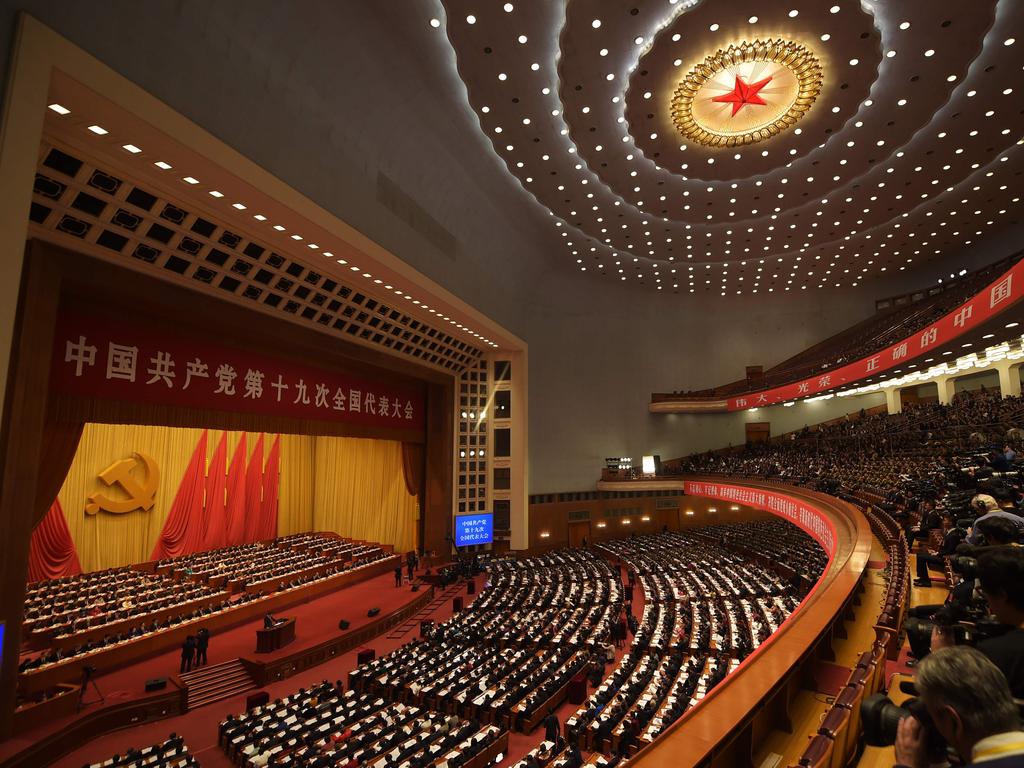

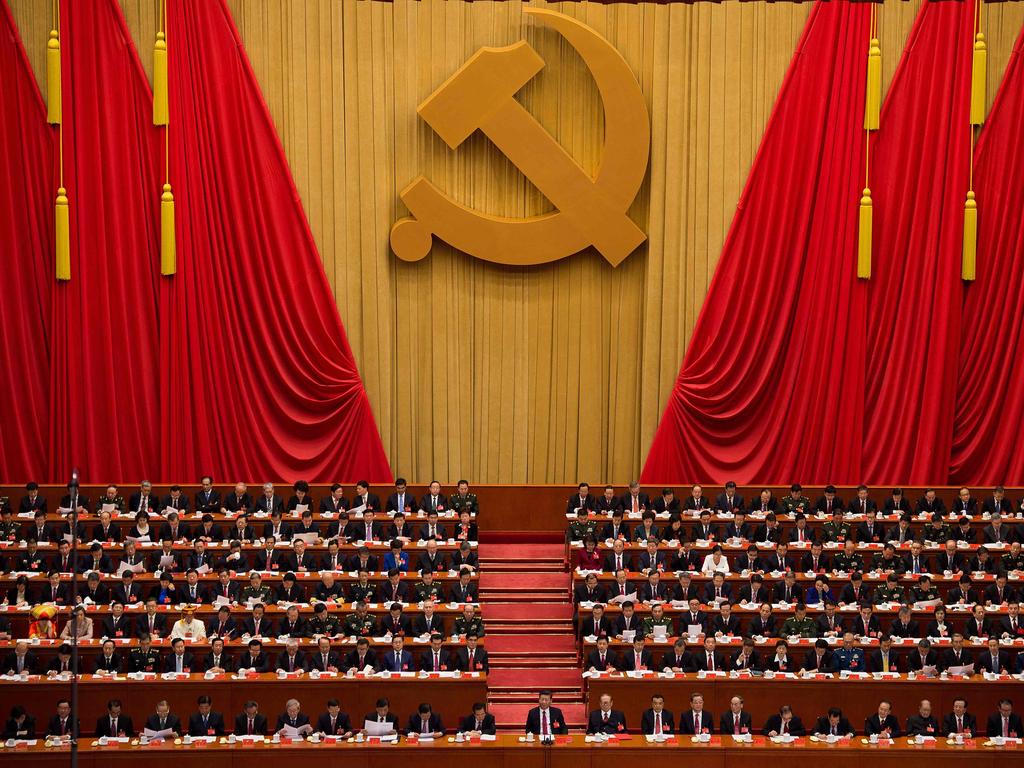



To join the conversation, please log in. Don't have an account? Register
Join the conversation, you are commenting as Logout